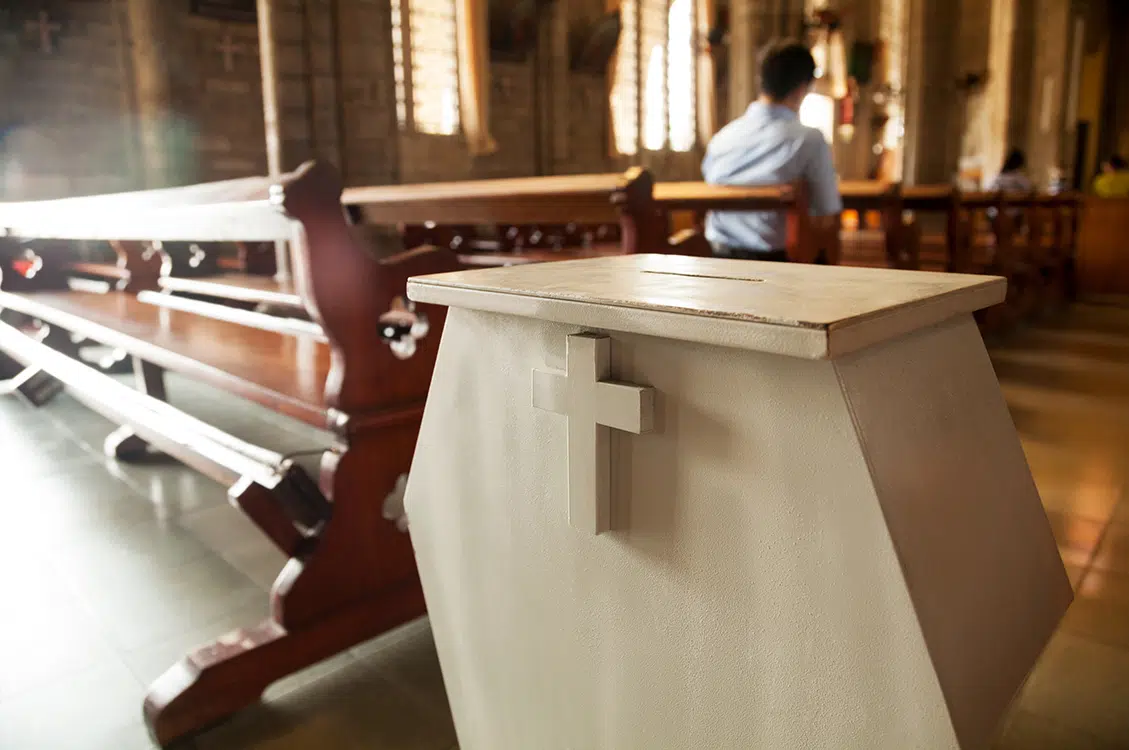Pigs get fat and hogs get slaughtered. That is why hard-money lenders should avoid seeking hyper aggressive interest rates. Although conventional mortgage interest rates remain historically low, interest rates on private loans, or “hard money” loans range anywhere from 5% to multiples of the principal amount. But if lenders overreach, they may end up forfeiting all interest. Indeed, the defenses of usury and unconscionability are alive and well.
Provident Law recently defended an inner-city church regarding collections by a hard money lender. In April 2012, the church obtained a $25,000 loan to help improve its battered women’s shelter. The loan was secured by the church property. According to the loan documents, the default interest rate was $480%, plus a late fee of $100 per day.
Due to cash flow problems, the church missed a payment and the default interest kicked in. After just two years, the loan balance rose from $25,000 to $465,300. In 2014, the hard money lender-initiated foreclosure and sued the church for nearly half a million dollars. Provident Law defended the lawsuit and objected to the foreclosure arguing that the loan terms were unconscionable.
Parties rarely succeed on Arizona’s longstanding unconscionability defense. To summarize, substantive unconscionability concerns the actual terms of the contract and examines the relative fairness of the obligations assumed. Maxwell v. Fid. Fin. Services, Inc., 184 Ariz. 82, 89, 907 P.2d 51, 58 (1995). Contract terms may be unenforceable if they are oppressive or unconscionable. Id at 88, 58. Here, the trial court agreed that the 480% interest rate and $100 per day late fee were unconscionable. As a result, the court precluded the lender from recovering any interest or late fees.
Further, Provident Law argued that the usury defense applied. Usury is the exacting of charges either directly or indirectly on a loan of money in excess of what the law allows. Kamrath v. Great Southwestern Trust Corp., 27 Ariz.App. 102, 103, 551 P.2d 92, 93 (1976). The usury defense applies where there is no written agreement concerning interest and the rate charged exceeds 10%, or if there is a written agreement but the effective rate of interest actually charged exceeds the agreed upon rate. A.R.S. § 44-1201(A).
The church and its attorneys argued that the lender should forfeit all interest because the lender exacted an effective rate of interest that differed from the amount stated in the loan documents. The default rate stated on the promissory note was 480% per annum − but the effective rate of interest, including the “late fee,” caused the church to sustain 605% interest per annum. The trial court agreed that usury applied and held that the lender forfeited all interest.
Finally, Provident Law argued that because the lender waited two years to pursue collection, while allowing interest to accumulate, the lender was barred by the doctrine of laches. Laches is designed to discourage dilatory conduct, and generally bars a claim when the delay is unreasonable and results in prejudice to the opposing party, even if the applicable statute of limitations has not yet run. Manicom v. CitMortgage, Inc., 236 Ariz. 153, 161, 336 P.2d 1274, 1282 (App. 2014). The trial court agreed that waiting two years to bring its claim while allowing interest to accrue to $465,000 was unreasonable and prejudicial to the church. As a result, the court ruled that the lender forfeited all interest.
If any one of the above defenses had applied, the church would have prevailed on its defense. But the court upheld all three of the defenses, resulting in a resounding victory for justice and the inner city church. The take away is that courts still may refuse to enforce grossly unfair contract terms, even in an arm’s length commercial transaction.
If you or someone you know has questions regarding real estate financing or business or real estate contracts, please call or email Mr. Charles today.
“Provident” means “careful about planning for the future; exercising foresight; skill and wisdom in management.” And “Provident” describes how we approach our clients’ legal affairs. Provident Law, PLLC is a commercial law firm in Scottsdale, Arizona, that handles business, real estate, bankruptcy, estate planning and probate, guardianship, serious personal injury litigation, commercial litigation, church and non-profit representation, and family law matters.
Christopher J. Charles is the founder and Managing Partner of Provident Law, PLLC. He is a State Bar Certified Real Estate Specialist and a former “Broker Hotline Attorney” for the Arizona Association of REALTORS® (the “AAR”). He holds the AV® Preeminent Rating by the Martindale-Hubbell Peer Review Ratings system which connotes the highest possible rating in both legal ability and ethical standards. He is also an Arbitrator and Mediator for the AAR regarding real estate disputes; and he serves on the State Bar of Arizona’s Civil Jury Instructions Committee where he helped draft the Agency Instructions and the Residential Landlord/Tenant Eviction Jury Instructions.
Christopher is a licensed real estate instructor and he teaches continuing education classes at the Arizona School of Real Estate and Business. He can be reached at chris@providentlawyers.com or at 480-388-3348; 14646 N. Kierland Blvd, Suite 230, Scottsdale, AZ 85254.


